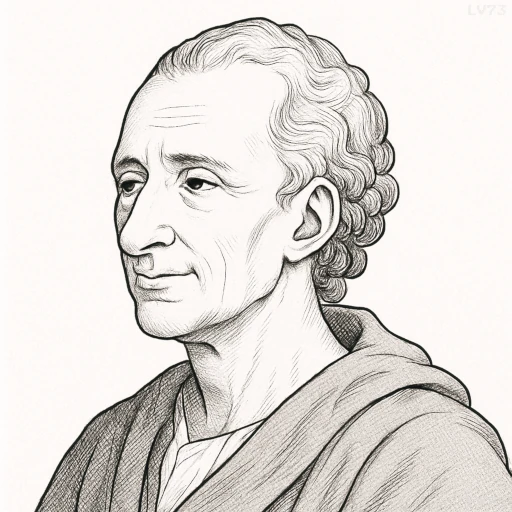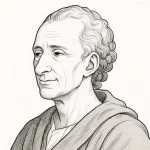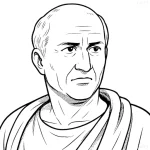“Liberty is the right to do what the law permits.”

- January 18, 1689 – February 10, 1755
- French
- Political Philosopher, Jurist, Author of The Spirit of the Laws
table of contents
Quote
“Liberty is the right to do what the law permits.”
Explanation
Montesquieu defines liberty not as unlimited freedom, but as the condition in which individuals are free to act within the boundaries set by just laws. It is a structured freedom—the right to live without arbitrary interference, so long as one remains within the legal framework agreed upon by society. In this view, liberty and law are not opposed but mutually reinforcing: laws protect freedom by establishing limits that apply equally to all.
This conception is central to Montesquieu’s political philosophy in The Spirit of the Laws, where he argues that true liberty can only exist in a system where power is restrained and separated. Without laws, there is no order; without order, there is no liberty—only chaos or tyranny. Thus, freedom is not the absence of restriction, but the presence of laws that safeguard individual rights while preventing harm to others.
In modern democracies, this idea underpins constitutional governance and the rule of law. Civil liberties—such as freedom of speech, religion, and assembly—are protected not by lawlessness, but by laws that limit government power and ensure equal rights. Montesquieu’s definition of liberty remains crucial: freedom flourishes where laws are just, known, and fairly applied—not where individuals act without restraint.
Would you like to share your impressions or related stories about this quote in the comments section?



